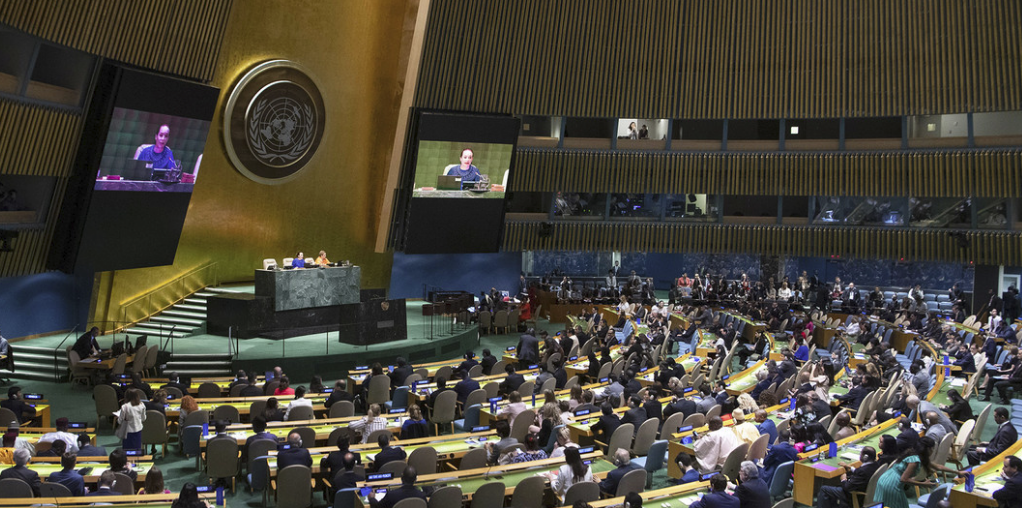
Niger, Tunisia elected as non-permanent members at UN security council
Niger and Tunisia were among five countries elected as non-permanent members to the Security Council for a period of two years.

They replace Côte d’Ivoire, Equatorial-Guinea, Kuwait, Peru and Poland whose mandates expire on 31 December 2019.
The five countries elected, including Estonia,Saint Vincent and the Grenadines and Vietnam will join the 15-nation body responsible for maintaining international peace and security as of Jan. 1, 2020.
Every year, five countries are elected to the 15-member Council (10 of whom are non-permanent) for a two-year term, according to a geographical rotation set by the Assembly in 1963, to ensure fair regional representation: five from African and Asian and Pacific States; one from Eastern Europe; two from Latin American States; and two from Western European and Other States (WEOG).
Whilst Niger, Tunisia and Vietnam were elected unopposed, two of the five seats were contested: El Salvador competed with Saint Vincent and the Grenadines to represent the Latin American and Caribbean group; and Romania lost out to Estonia in the East European group.
Vietnam won 192 of 193 votes, Niger: 191, Tunisia: 191, Saint Vincent and the Grenadines: 185 votes, and Estonia: 132 votes.
Following a 2014 General Assembly resolution, elections to the non-permanent Security Council seats were moved from October to June, to give incoming countries more time to prepare for their terms, before assuming their responsibilities.






